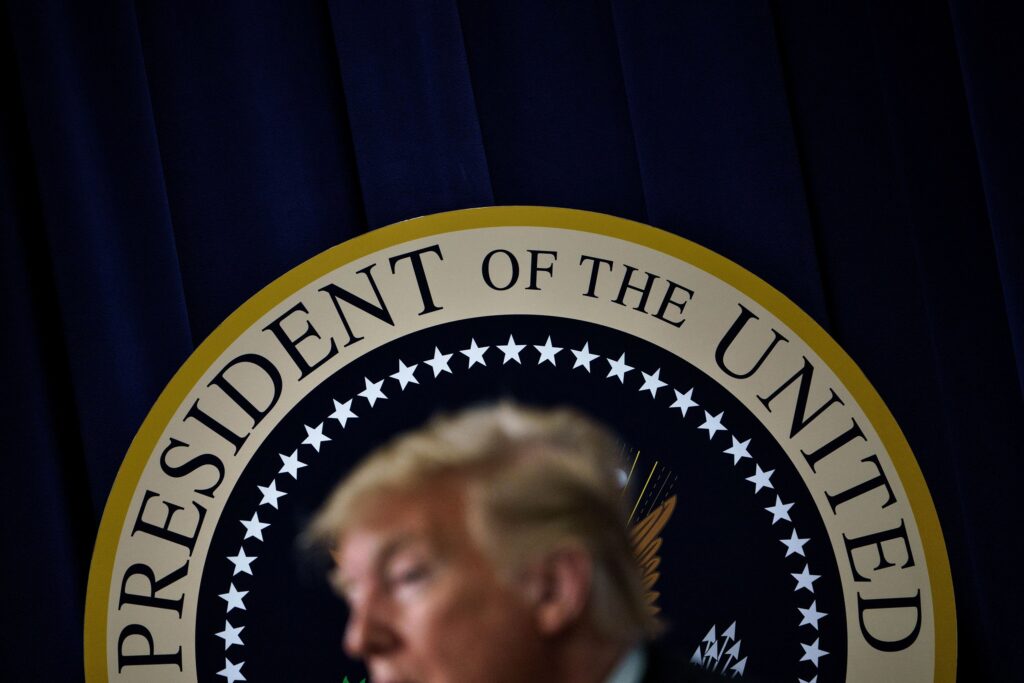Birthright Citizenship in the US

With his promise to revoke, by executive order, the guarantee of birthright citizenship in America, President Trump has made the inconceivable possible. Most legal scholars appear to agree that the Fourteenth Amendment cannot be changed in the way that Trump proposes, but his vow has already elevated previously marginal arguments—they are now positions to be considered. If the President follows through with an executive order, what may have seemed like legal nonsense yesterday will have to be weighed by the courts. We have seen this mainstreaming of previously unimaginable ideas many times in the last two years: a ban on Muslims entering the country, the border wall, the withdrawal from the Paris climate accords, and more.
The idea of revoking birthright citizenship is consistent with Trump’s newly vigorous embrace of the label “nationalist.” Most recently, at a rally in Houston and in an interview with Fox News, Trump has defined “nationalist” as the opposite of “globalist.” The Times columnist David Brooks criticized Trump’s use of the word by arguing that he loves America more than the President does; both men use the word “nationalist” as though it were synonymous with “patriot,” but this shift in usage is significant. “Nationalist” suggests a country under siege and carries the connotations of thinking of the United States as a nation-state that is ethnically, culturally, and religiously homogeneous. This, in turn, is consistent with the removal, in February, of the words “nation of immigrants” from the mission statement of United States Citizenship and Immigration Services. As with so many things, we haven’t talked nearly enough about how much these shifts in official rhetoric change the dominant political story.
Courtesy: The New Yorker